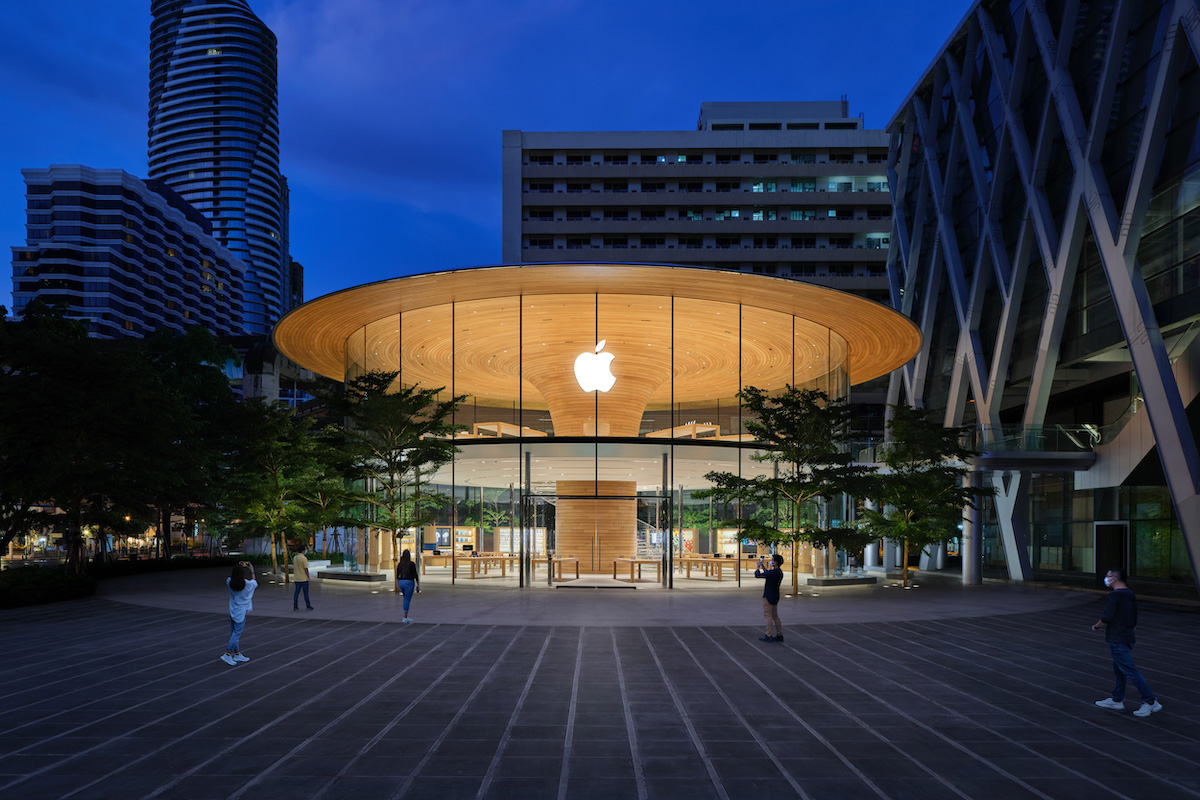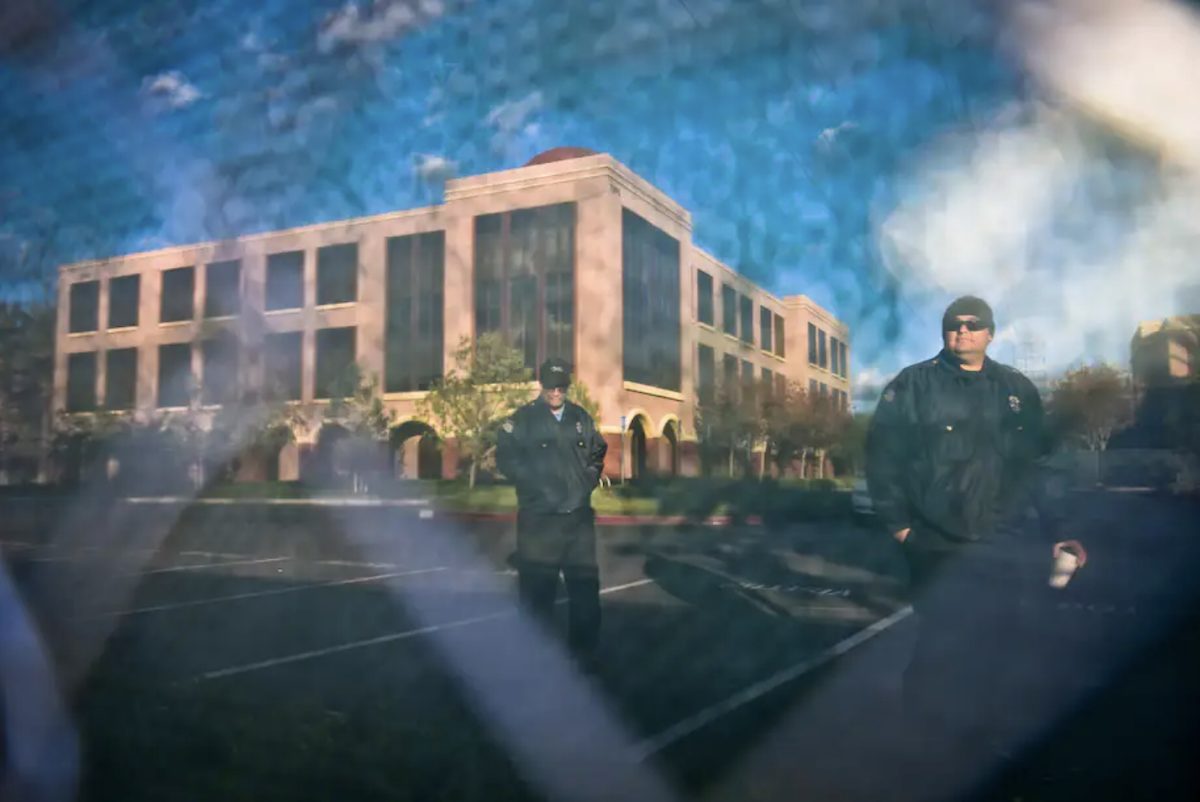The Washington Post reports that after discovering the identity of the firm which unlocked the San Bernardino shooter’s iPhone for the FBI five years ago, Apple is suing the company which is founded by one of the hackers.
In 2016, Apple and the FBI locked horns in a legal battle over creating a back door to unlocking the iPhone of a shooter involved in San Bernardino attract in December 2015. Taking a stand to protect the privacy of millions of iPhone users, the Cupertino tech giant refused to comply with the FBI’s request.
In an interview, the company’s CEO, Tim Cook shared that “the legal battle was a tough choice between security and privacy. FBI was demanding to create a tool to unlock the iPhone which raised many ethical questions and moreover, security experts weren’t sure if they will be able to contain the unlocking method in the future which inherently put the privacy of customers at stake. Therefore, Apple chose to stand up to protect the privacy of millions of its customers worldwide.”

Apple is going after the hacker from Azimuth, an Australian cybersecurity firm, who unlocked the FBI’s iPhone in 2016
It is reported that the identity of Azimuth, an Australian cybersecurity firm that unlocked the San Bernardino shooter’s iPhone for the FBI in 2016, was very well guarded for 5 years. Even Apple was unable to gain the intel on the hacking firm involved. However, recently, the company’s lawyer discovered the cybersecurity firm’s name in an unrelated case.
The identity of the hacking firm has remained a closely guarded secret for five years. Even Apple didn’t know which vendor the FBI used, according to company spokesman Todd Wilder.But without realizing it, Apple’s attorneys came close last year to learning of Azimuth’s role — through a different court case, one that has nothing to do with unlocking a terrorist’s device.

Azimuth, claiming to help democratic government and discovering software flaws, came to the agency’s help when Apple had taken a strong stand against breaching its own iPhone’s security system.
Two months after the attack, Comey testified to Congress that investigators were still unable to unlock the terrorist’s iPhone. Seeing the media reports, Dowd realized he might have a way to help. Around that time, the FBI contacted him in Sydney. He turned to 30-year-old Wang, who specialized in exploits on iOS, the people said.
Using the flaw Dowd found, Wang, based in Portland, Ore., created an exploit that enabled initial access to the phone — a foot in the door. Then he hitched it to another exploit that permitted greater maneuverability, according to the people. And then he linked that to a final exploit that another Azimuth researcher had already created for iPhones, giving him full control over the phone’s core processor — the brains of the device. From there, he wrote software that rapidly tried all combinations of the passcode, bypassing other features, such as the one that erased data after 10 incorrect tries.
Wang and Dowd tested the solution on about a dozen iPhone 5Cs, including some bought on eBay, the people said. It worked. Wang dubbed the exploit chain “Condor.”
In the end, very little was gained from the whole ordeal. No links to other terrorists and terrorists organizations were found from the shooter’s iPhone.
3 comments